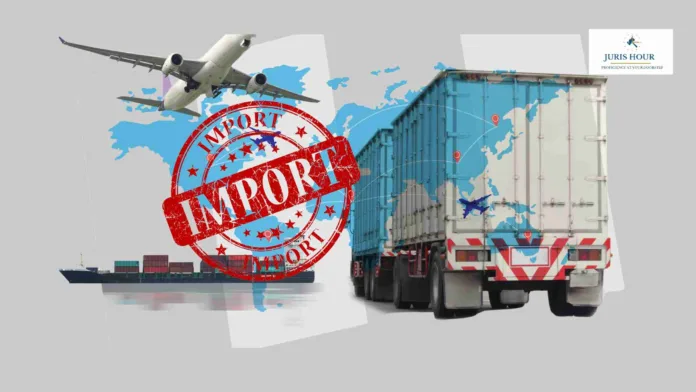The customs scrutiny system at Hyderabad’s ports and airports is under intense scrutiny as reports emerge of importers exploiting weaknesses to evade duties and regulations. Authorities are now reevaluating the effectiveness of current measures designed to monitor and regulate imported goods, raising concerns about revenue losses and security risks.
Importers Exploit Gaps in Customs Oversight
According to recent investigations, importers have been bypassing the customs framework with relative ease, taking advantage of gaps in oversight and enforcement. Sources indicate that the system, intended to ensure compliance with import laws, has failed to keep pace with increasingly sophisticated methods used by traders to avoid taxes and smuggle restricted items. This has sparked debates over the need for stricter protocols and advanced technology to bolster customs operations in the city.
Hyderabad’s Role as a Trade Hub Under Threat
Hyderabad, a growing hub for international trade, relies heavily on its customs infrastructure to process goods efficiently while safeguarding national interests. However, the recent findings suggest that the existing setup may be falling short. Officials have pointed to inadequate staffing, outdated screening tools, and inconsistent application of regulations as potential weak points. These vulnerabilities have allowed some importers to slip through the cracks, undermining both economic fairness and border security.
Calls for Technological Upgrades Intensify
The issue has caught the attention of policymakers, with calls for a comprehensive overhaul gaining traction. Experts argue that integrating artificial intelligence and real-time data analytics could help detect irregularities more effectively. “The customs system needs a major upgrade to match the scale of trade Hyderabad handles today,” said a senior trade analyst. “Without it, we’re leaving the door open to exploitation.”
Systemic Flaws Fuel Duty Evasion
Incidents of duty evasion are not new to India’s customs landscape, but the situation in Hyderabad has highlighted a pressing need for localized solutions. The city’s proximity to major shipping routes and its role as a logistics center make it a prime target for such activities. Strengthening the scrutiny process could not only curb revenue losses but also deter smuggling of contraband, a persistent challenge for authorities nationwide.
Customs Authorities Respond with Promises of Reform
In response, customs officials have vowed to tighten controls and conduct thorough audits of recent import activities. Plans are reportedly underway to enhance training for personnel and deploy additional resources to high-risk areas. However, critics argue that these measures may only serve as a temporary fix unless systemic flaws are addressed.
A Broader Impact on India’s Trade Ambitions
The controversy comes at a time when India is pushing to boost its global trade footprint. A robust customs framework is seen as critical to achieving this goal, making Hyderabad’s challenges a microcosm of broader national concerns. As the investigation unfolds, stakeholders are watching closely to see how authorities will restore confidence in the system.

